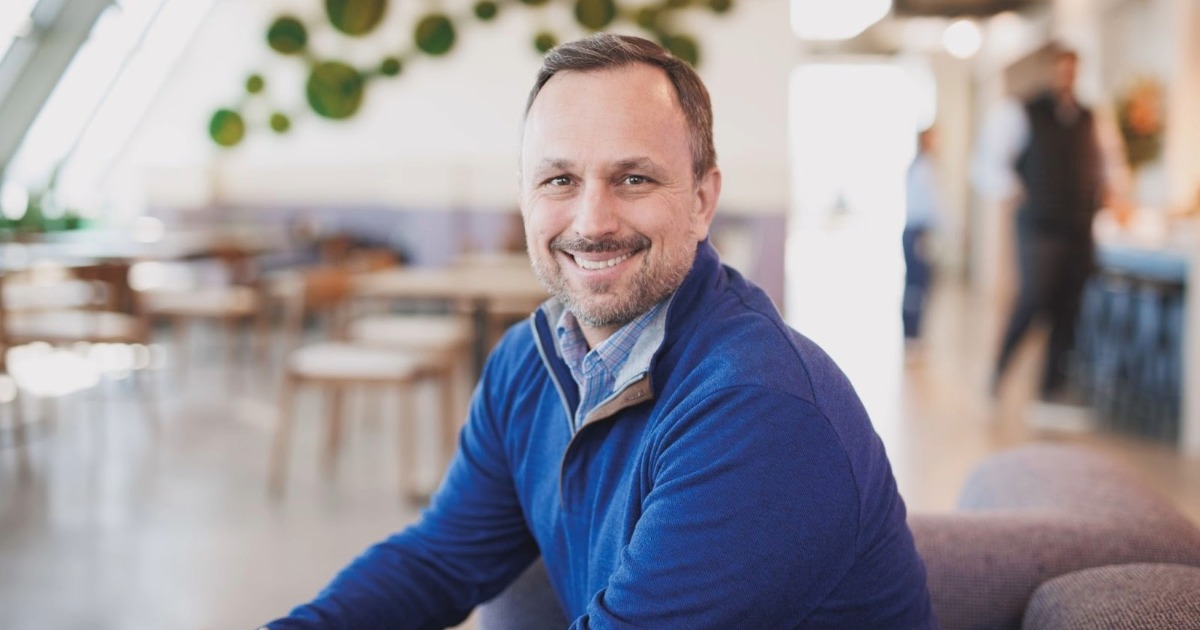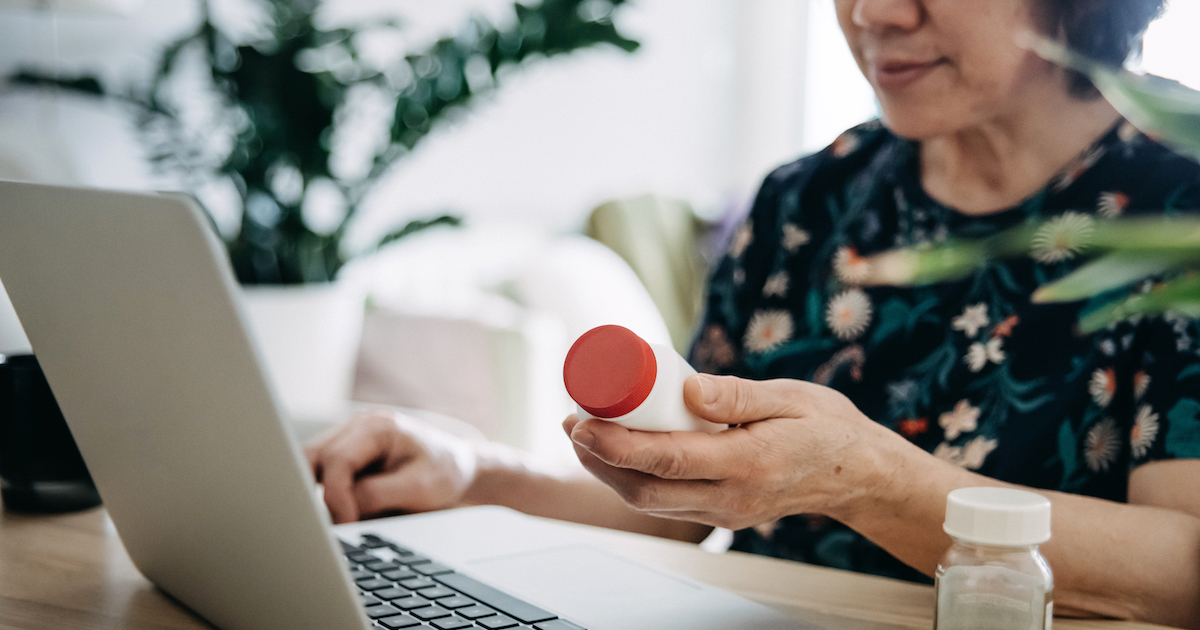 There are many approaches to using digital technology to promote medication adherence, from tiny sensors embedded in pills to Bluetooth-connected pill boxes, to simple reminder apps. There’s something of a trade-off between hardware offerings, which provide real validation and accountability but can be expensive to deploy and scale, and software offerings, which are very easy to scale, but have a harder time reliably monitoring adherence.
There are many approaches to using digital technology to promote medication adherence, from tiny sensors embedded in pills to Bluetooth-connected pill boxes, to simple reminder apps. There’s something of a trade-off between hardware offerings, which provide real validation and accountability but can be expensive to deploy and scale, and software offerings, which are very easy to scale, but have a harder time reliably monitoring adherence.
But New York City-based AiCure has found a way to have its cake and eat it too, creating a pure software offering that can reliably track patients taking their medication and verify that they’ve done so.
“What we’ve developed is a visual recognition system that will identify the patient’s face, identify the medication they’re taking, confirm ingestion, and then confer that data back to the care provider or to a pharmaceutical company conducting a clinical trial,” AiCure CEO Adam Hanina told MobiHealthNews.
Hanina says the app can run on any mobile device with a camera. It doesn’t actually record video or take photos, it just uses the phone's camera coupled with image recognition technology to confirm a patient has taken their medication and reports that to the patient’s care provider or the organizer of a clinical trial. Depending on the use case, AiCure can also build in motivational tools or other ways to promote adherence.
“Ultimately medication adherence is a really complex problem,” he said. “There are many reasons why patients don’t take their medication, ranging from education to cost, to lack of connection with a physician. So you really want to approach the problem with something that can adapt to all those different things. We’ve addressed this problem by using a technology that people already have, are comfortable with and is eminently scalable and flexible.”
AiCure announced this week that it had raised $12.25 million in a round led by New Leaf Venture Partners, with additional funding from Pritzker Group Venture Capital, Tribeca Venture Partners, and Biomatics Capital, established by Boris Nikolic, former Chief Advisor for Science and Technology to Bill Gates.
Though the company has been around since 2010, this is its first round of institutional investment. Up until now it’s been funded by a series of grants from the National Institutes of Health — more than $7 million in funding spread over six grants.
“We’ve been awarded 6 NIH innovation grants, across three different institutes or centers, going back from 2012, to more recently a grant in late 2015,” Hanina said. “The benefit of going down the grant funding approach with NIH is really to prove and validate the technology platform, because if you can show a link between improved statistical power in the clinical trials, that has the potential to really get medicines in the hands of patients more quickly. And if you’re able to validate the approach in population health applications and improve outcomes, the impact is even broader. So getting that investment from NIH was validating but it was also extremely useful.”
AiCure used some of the NIH funding to validate their technology against the concentration levels of medication in user’s blood, to prove that it actually drives adherence.
“The technology combines many different approaches,” Hanina said. “It combines computer vision, machine learning, data analytics and predictive analytics, usability and user interactions, psychology of the patient, privacy, regulatory issues, a whole host of different approaches needed to really build something that’s easy to deploy and easy to use. We used our NIH funding to do extensive research and development to build our current generation of platform. [Now we want] to serve our clients the way we’re currently serving them but also to make it robust for deployment.”
Though grant money was ideal for developing technology, institutional money was necessary to commercialize it, Hanina said. AiCure is currently deployed with a handful of partners that run the gamut from pharma companies using the tech for clinical trials to providers and government groups who want to use it for population health management. The company is in discussions with payers as well. They hope to have thousands of patients using the technology by the end of the year. They also recently brought Alex Jaimes, the former former head of computer vision and media research at Yahoo, on as CTO.
Beyond that, they do have plans to develop future iterations of the technology, but Hanina was hesitant to share the details.
“We’ve been awarded 12 patents, and we have a sizable patent portfolio because we know the breadth of the opportunities ahead,” he said. “However we’re maintaining our focus in clinical research and population health deployments.”
One of AiCure's patents, "Method and apparatus for social network updates by activity recognition", suggests the company could connect its app to a social network and use social support as an incentive to encourage people to take medications.


